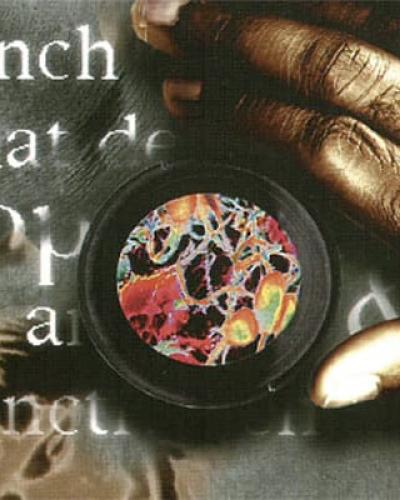The point of contact (cultural, intellectual, religious, political, economic, linguistic, sexual) generates a rich and vexing complex of issues across the humanities. Domination, translation, participant observation, influence, seduction, conversion, missionizing, transference, hospitality, migration, trade – these terms designate only some of the important modes of contact whose nature and range of application raise crucial problems for understanding and inquiry.
How are these forms of contact and the boundaries such contact crosses conceptualized? Are the insights or procedures developed with respect to one or more of them applicable to others? Who are the agents of contact and how is their agency construed? What are the strengths and limitations of recent theories of “hybridity” and “borderlands” for analyzing forms and consequences of contact? How does the epistemological issue of conceptualizing the transfer of knowledge intersect with the ethical and political question of its use and circulation? What are the conditions for refusing, forestalling, cultivating, or inviting contact? What is the role of institutions in determining and regulating modes of contact? How might instances and conceptualizations of what one might broadly term pre-modern contact be brought to bear on modern and post-modern modes of contact? What happens when Hölderlin translates Sophocles, Malcom X embraces Sunni Islam, Aquinas reads Maimonides, Bombay musicals and Bruce Lee films go global, La Malinche interprets for Cortes, Ibn Rushd glosses Aristotle, Alexandra David-Nell journeys to Lhasa, Ishi discovers Berkeley, David Hwang restages Madama Butterfly, Cushing goes to Zuni, or Zora Neale Hurston studies Haiti?
In proposing “Points of Contact” as its theme, the Society for the Humanities invites the applications of scholars from various disciplines who are interested in investigating this topic from different perspectives.

